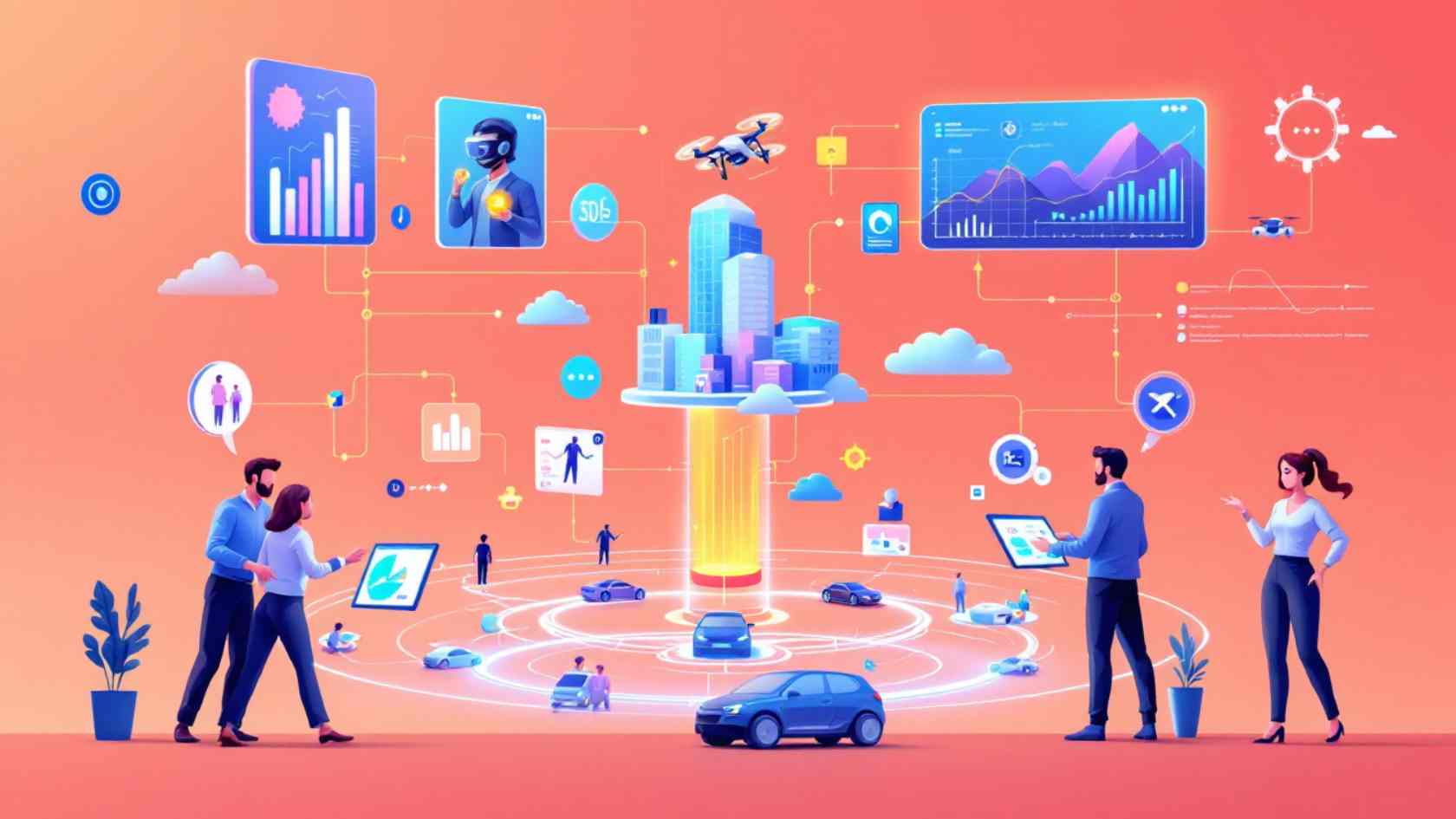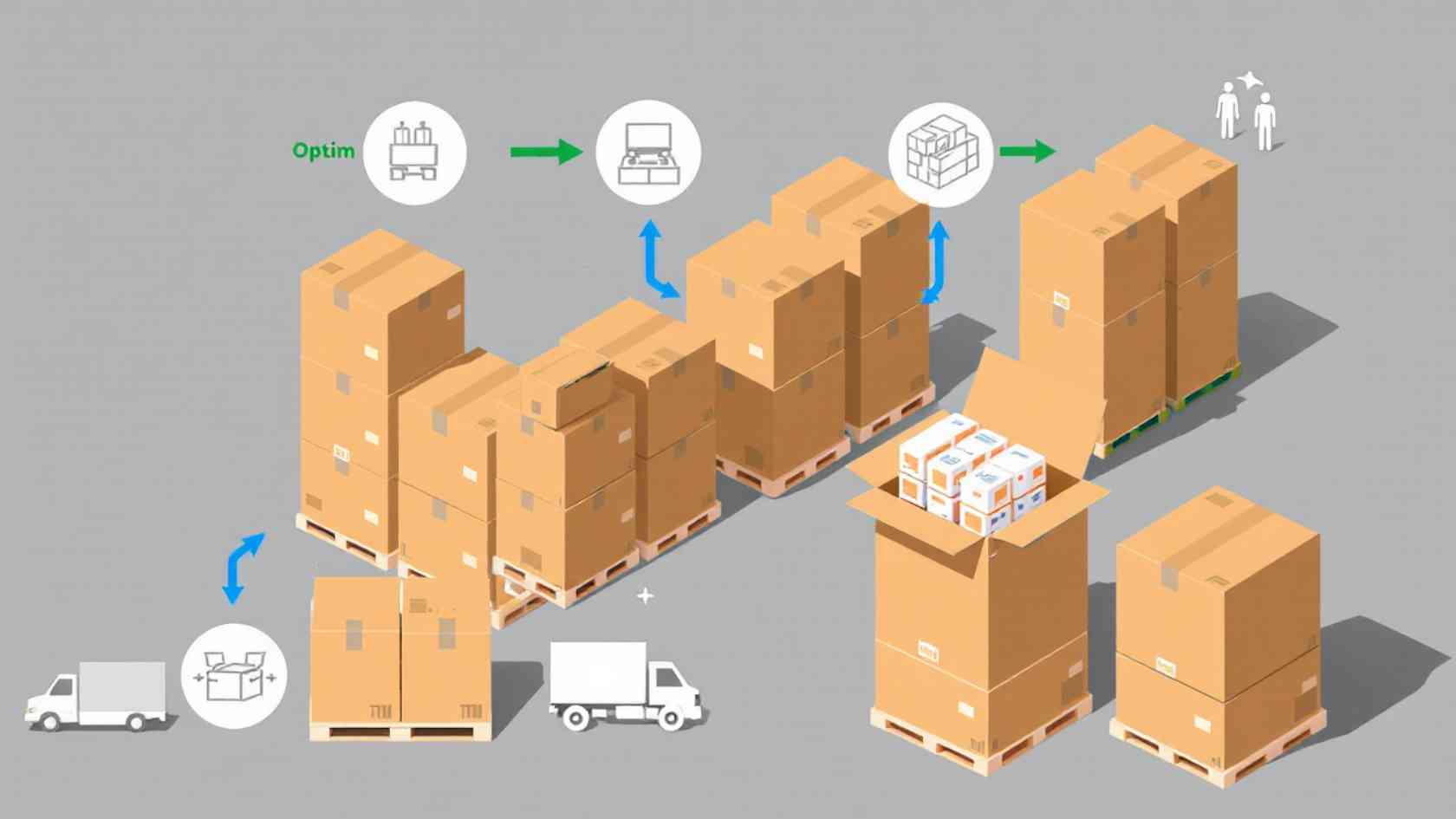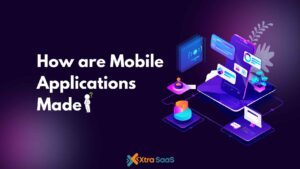In just over a decade healthcare has changed massively, driven largely by mobile technology. Mobile app developers are the unsung heroes of healthcare, creating digital solutions that are changing how patients receive care, how providers deliver services and how the entire healthcare system works. This digital revolution is breaking down barriers to care and creating new opportunities for better health outcomes.
Mobile App Developers Are Revolutionizing Healthcare Solutions
Breaking Down Barriers
The most significant benefit of mobile health applications is their ability to provide access to medical information and services. Telehealth apps have transformed into lifelines for patients which enable them to connect with doctors around the world for patients with mobility restrictions or in areas with a shortage of doctors.
Patients in underserved rural regions have gained the most from this advancement. A patient from a remote village can now virtually meet with and be diagnosed by a hundreds-of-miles-away specialist, and have prescriptions sent to local pharmacies, all without the need to travel.
For elderly patients and those with chronic illnesses that impede traveling, mobile health apps have markedly improved quality of life. Hospital appointments that were tedious because of the distance required to travel can now be conducted via telephonic consultations which greatly improves healthcare adherence while minimizing stress related to medical appointments.
Transforming Clinician Workflows
For clinicians, mobile apps have streamlined clinical workflows and decision making. Electronic health record (EHR) mobile interfaces allow doctors to review patient histories, document encounters and order services from anywhere – no need for fixed workstations and reducing documentation backlogs.
Point of care reference apps provide immediate access to medical literature, drug information and treatment guidelines to support evidence based decision making at the bedside. Complex calculations that once required manual work can now be done instantly through special apps, reducing errors and speeding up treatment.
Custom healthcare software development solutions have enabled healthcare organisations to address their specific operational challenges with mobile tools. From specialized scheduling systems that optimize clinician time to inventory management apps that track medical supplies across large hospital systems, these custom solutions have eliminated inefficiencies that wasted resources and compromised care quality.
Revolutionising Mental Health Delivery
Perhaps nowhere has the impact of mobile apps been more profound than in mental health where access limitations and stigma have historically created significant barriers to care. App developers have created digital therapeutic tools that extend the reach of traditional psychological interventions through platforms available anywhere, anytime.
Cognitive behavioural therapy apps guide users through structured exercises previously only available through in person therapy sessions. Meditation and mindfulness apps have introduced millions to evidence based stress reduction techniques. Mood tracking apps help patients and clinicians identify patterns and triggers that inform treatment approaches.
For those with serious mental illness, special apps monitor medication adherence, symptom fluctuations and warning signs of decompensation – creating safety nets that can trigger interventions before crises emerge. These apps don’t replace traditional psychiatric care but extend its reach dramatically and support patients between appointments.
Empowering Patient Self Management
Mobile app developers have given patients more control than ever through health monitoring apps. Chronic disease management – once a challenge for patients and providers – has been revolutionised through apps that track symptoms, medication adherence and vital signs.
Diabetes management apps are a great example of this. Patients can now log blood glucose readings, food intake, exercise and medication in real time, generating comprehensive data sets that inform both daily decisions and long term treatment plans. Many of these apps integrate with continuous glucose monitors and insulin pumps, creating seamless systems that reduce the cognitive load of disease management.Similarly, cardiovascular health apps connected to wearables monitor heart rates, detect arrhythmias and even do basic ECGs that were once only available in clinical settings. These tools have flipped the paradigm from reactive treatment to proactive prevention, allowing early intervention when patterns emerge.
Research and Public Health
Mobile health apps have changed medical research by enabling massive data collection outside of clinical settings. Researchers can now recruit participants globally, collect data in real time and track interventions with never before seen granularity.
Disease outbreak monitoring has been transformed by apps that track symptoms across populations, identifying hotspots before traditional surveillance systems detect them. During the COVID-19 pandemic, contact tracing apps showed us the potential for mobile technology to support public health during crisis.
Population health initiatives are using mobile apps to encourage preventive behaviors from vaccination reminders to screenings for various conditions. These apps bridge the gap between public health recommendations and individual action, nudging users to make healthier choices through personalized prompts and incentives.
Challenges and Next Steps
Despite all this, there are still challenges in mobile health. Privacy is an issue, especially around health data. Regulatory frameworks are struggling to keep up with the pace of change. The digital divide will exacerbate existing health inequalities if mobile health tools only benefit those with technology and literacy.
Integration between mobile apps and existing healthcare IT systems creates fragmentation that can compromise care. Quality control is hard in an app store where clinical validation varies dramatically between products.
Looking ahead, artificial intelligence will be the next big thing in mobile health apps. Machine learning algorithms will analyse the vast data generated by these apps and give more personalized recommendations and predictions. Augmented reality apps will guide complex medical procedures and voice enabled interfaces will make healthcare tech more accessible to diverse populations.
Conclusion
Mobile app developers have changed healthcare by creating tools that extend care beyond boundaries, empower patients as active participants in their health and enhance clinician capabilities. As these technologies evolve, the relationship between developers and healthcare stakeholders must deepen to make sure these innovations solve real clinical needs and keep the human connection that matters in healing.
The mobile health revolution is just starting, with developers realizing the power of the devices in our pockets as health tools, paving the way for a personalized, preventive, and accessible future.









